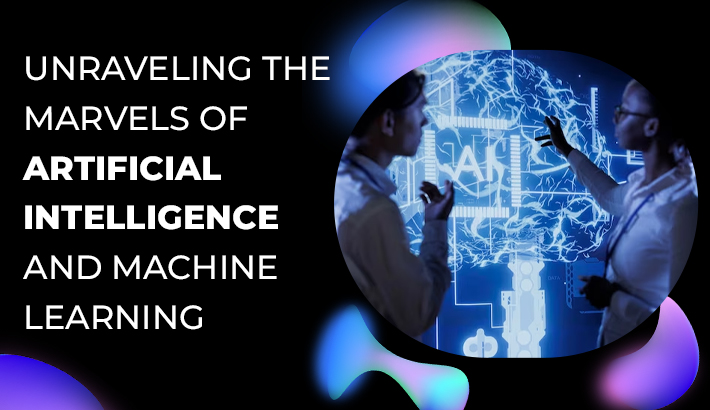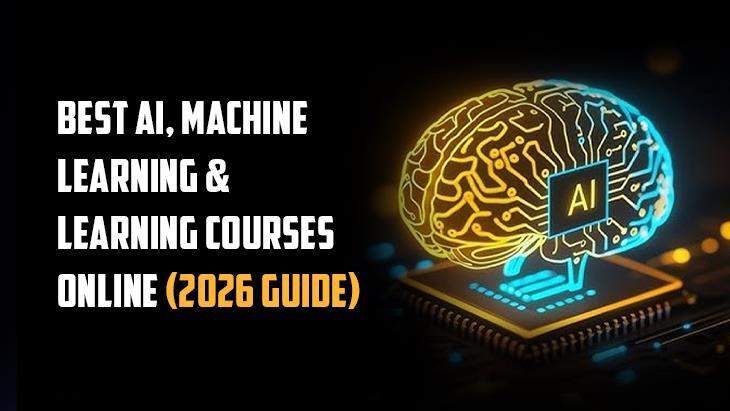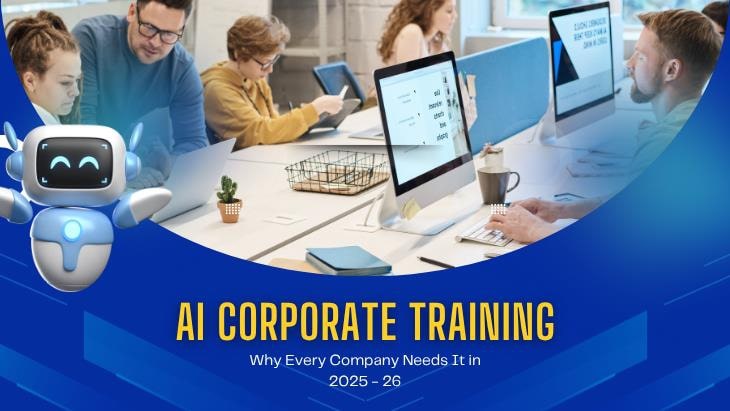In the fast-paced realm of technology, Artificial Intelligence
(AI) and Machine Learning (ML) stand as the vanguards, shaping the future of innovation and problem-solving. These cutting-edge technologies have transcended their theoretical roots to become integral components of various industries, revolutionizing the way we live and work.
Understanding the Basics: AI vs. ML
At its core, Artificial Intelligence refers to the creation of machines or systems that can perform tasks that typically require human intelligence. This can range from speech recognition to decision-making. Machine Learning, a subset of AI, is the process by which these systems learn from data and improve their performance over time without explicit programming.
The Power of Data: Fueling Machine Learning Algorithms
Machine Learning algorithms are hungry for data, and the more diverse and comprehensive the dataset, the better the algorithm becomes. Whether it's predicting consumer behavior or diagnosing medical conditions, ML relies on massive datasets to identify patterns and make accurate predictions.
Applications Across Industries: Transforming the Landscape
Healthcare: ML algorithms analyze medical records to predict disease outbreaks and assist in early diagnosis. AI-powered robotic surgeries are also becoming more common, improving precision and outcomes.
Finance: AI is reshaping the financial landscape with fraud detection algorithms, robo-advisors for investment, and predictive analytics for market trends.
Education: Personalized learning experiences, adaptive assessments, and intelligent tutoring systems are some ways AI is revolutionizing education.
Manufacturing: AI-driven automation is optimizing production lines, predictive maintenance is minimizing downtime, and quality control is reaching new heights.
Frequently Asked Questions (FAQs)
Q: How does Machine Learning differ from traditional programming?
A: Traditional programming involves explicit instructions for a computer to follow, while Machine Learning enables systems to learn from data and improve their performance without being explicitly programmed. It's about teaching machines to learn patterns and make decisions.
Q: Is Artificial Intelligence only about robots and humanoid machines?
A: No, AI encompasses a broad spectrum of applications beyond robotics. It includes natural language processing, computer vision, expert systems, and more. AI is present in virtual assistants, recommendation systems, and even in the algorithms that power social media feeds.
Q: Can AI and ML be applied to small businesses?
A: Absolutely. Small businesses can benefit from AI and ML in various ways, including customer service automation, data analytics for decision-making, and personalized marketing strategies. Many cloud-based platforms offer affordable AI solutions tailored for smaller enterprises.
Q: Are there ethical concerns surrounding AI and ML?
A: Yes, ethical considerations are crucial. Issues like bias in algorithms, job displacement due to automation, and the responsible use of AI in areas like surveillance need careful attention. The development and deployment of AI technologies should align with ethical guidelines and respect privacy and fairness.
Q: What is the future of AI and ML?
A: The future is promising and expansive. As technology continues to advance, AI and ML will likely play a pivotal role in solving complex problems, fostering innovation, and enhancing efficiency across various industries. However, ethical guidelines and responsible development will be key to ensuring a positive trajectory.
Artificial Intelligence and Machine Learning have evolved from theoretical concepts to transformative forces with practical applications across diverse sectors. As these technologies continue to mature, their impact on society will only deepen, prompting the need for ethical considerations and responsible development to ensure a positive and inclusive future.





Leave a reply